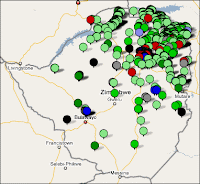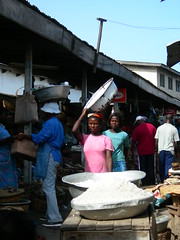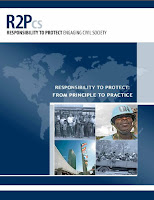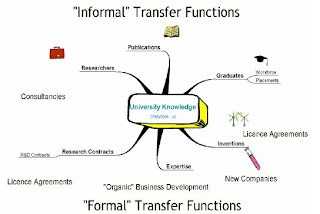Liberal teachers as people generally are decent enough, and this blog is not meant in any way to be an attack on liberal teachers as people. And I'm not going to claim that they are lazy, unintelligent, or unskilled. My problem with liberal teachers is their agenda.
Liberal teachers have a vision of education that may shock you. They love big government, and so the response to every problem of society is a government run program- whether it is a math problem, an art problem, a bullying problem, a self-confidence problem, a social studies problem, or a science question- the answer is always 'government.' And not a government by the people, for the people- liberal teachers push government by the People for the People- a government that is chosen by few people to run over our lives and make decision for us. Although many people think liberal teachers do not teach right and wrong, they do- liberal teachers push a vision of the world where the bad guys are always in business, where seeking to make a profit is a bad thing, and where those people who believe in God and conservative values are bad people, opposing the Progress of Society. Good is evil, evil is good, and all the while they chant there is no good and evil. And above all, these liberal teachers teach that students are not the ones responsible for their own behavior- whatever they do, there is always something else or someone else to blame it on, and there is no such thing as personal responsibility.
Whole generations of students are being brainwashed by this liberal thinking. And I do mean they are being brain-washed. Teachers are systematically trying to force the students in their classes to think in a certain way. They are forced to only hear one viewpoint on issues, they are forced to only provide answers that the teacher considers right, and they are forced on penalty of shame to admit to and agree to the liberal agenda. True, many students rebel against this system, usually be shutting down mentally or saying they hate school, but most students are worn down bit by bit, and eventually agree that 2+2 does equal 5, and the liberal agenda in this nation is advanced that much further.
There is considerable evidence to me that this is so- textbooks, state curriculum, lesson plans, standardized tests, student comments, and my own observations. On big issues and little issues, the liberal agenda is pushed down students minds, and the cumulative effect of decades of this is beginning to show in our current political environment. I just hope that I can personally do a little bit to fight it.










































